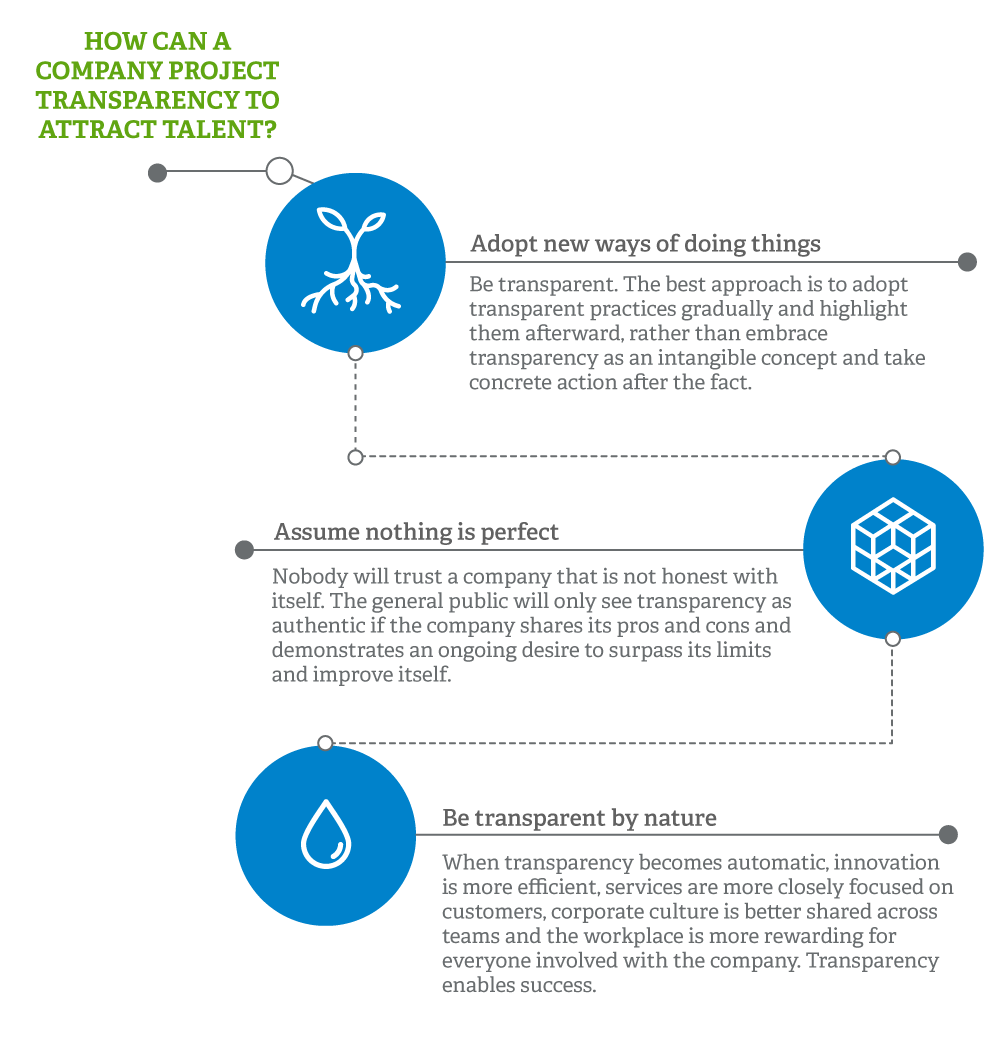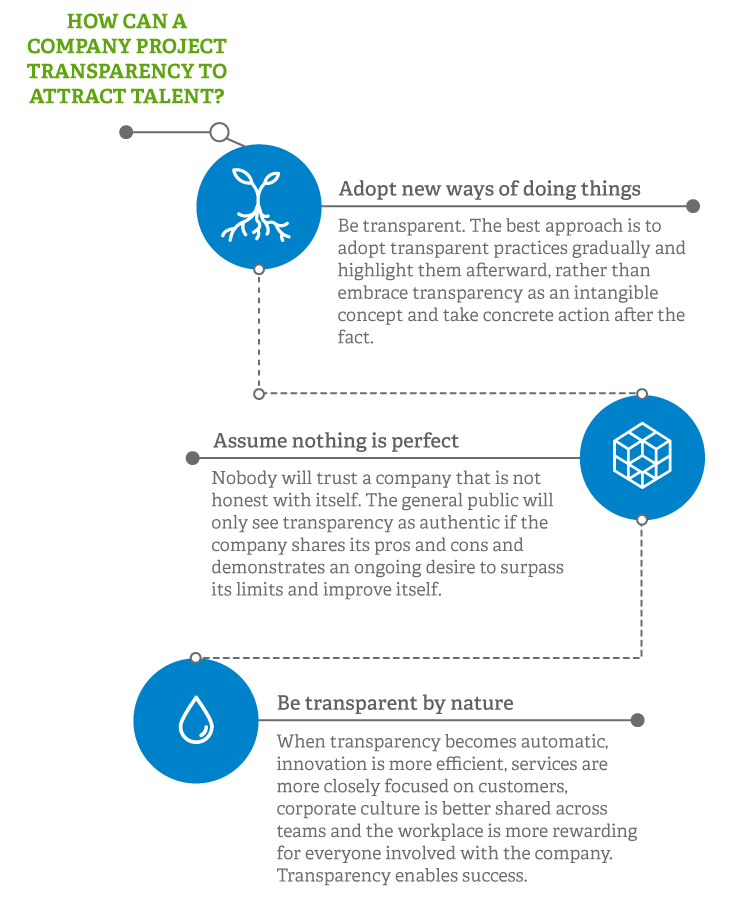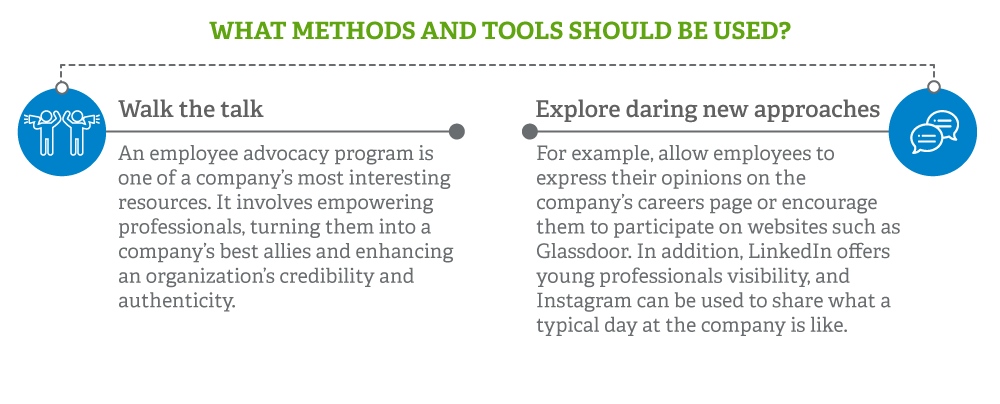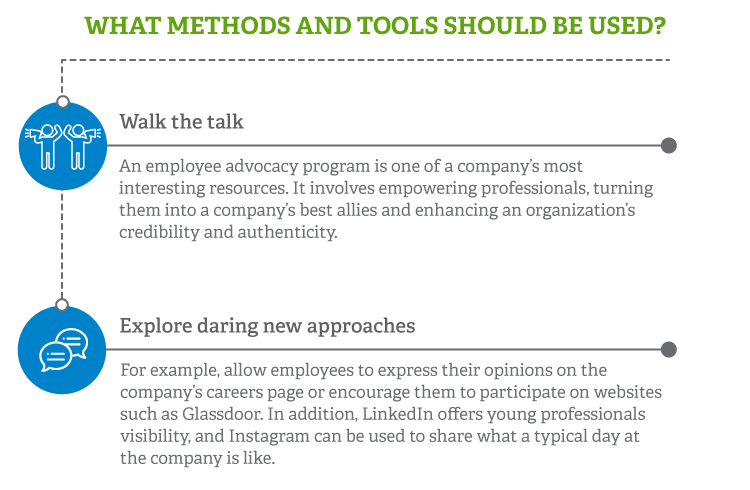The advent of globalization and digitalization changed how we deal with issues and how distinctions are made between what is necessary and what is contingent on decisionmakers’ opinions.
Today, talented professionals are not readily willing to accept the fact that companies reflect a multifaceted image with internal inconsistencies (in the best cases), or (in the worst) differences that are deliberately contradictory and irreconcilable.
One of the clearest examples of what skilled professionals’ need to know about the place they are going to work at is seen in the title of this text and its reference to a glass-door revolution. Historically, companies have protected themselves in relation to aspects such as their culture, values, ways of doing things, innovation processes, etc. Today, however, the most prestigious organizations—and those most often targeted for employment by top professionals—use openness and transparency as one of the their most powerful marketing tools. Google does not only sell “what it does.” The aspirational aura of everything around it has more to do with “why does it do it?” “how does it do it?” and “who does it?” College students who consistently target this company for their career seem not to care if they end up working on Gmail or Maps. What truly fascinates them is the realization they could be part of a brilliant, non-conformist community working to shape the world’s future.
People are always talking about Google, but what does it take for other types of companies to walk the path that goes from “transparency as a necessary evil” to “transparency as one of the most valuable resources in our corporate DNA for attracting and retaining talent?”




Authors
Jon Pérez Urbelz




